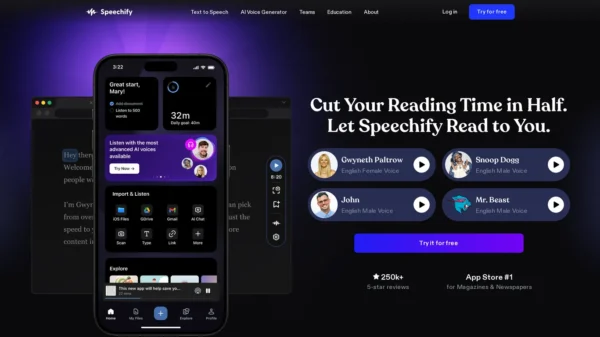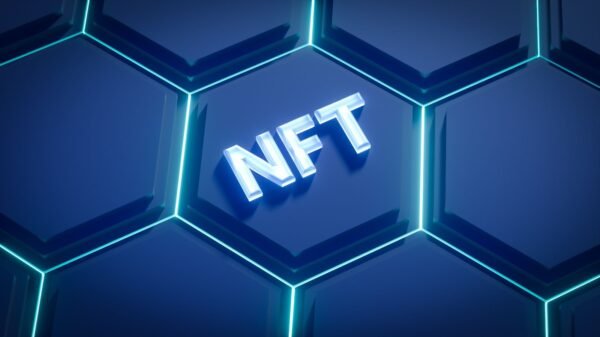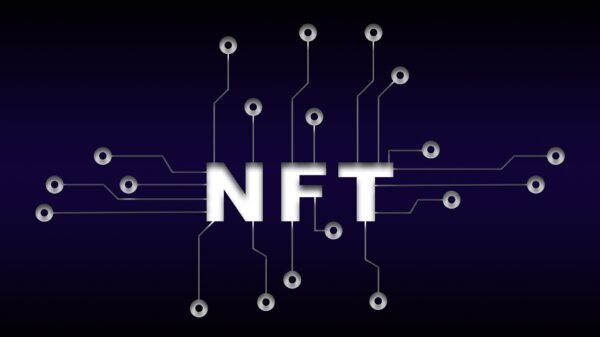Introduction
Open source AI voice cloning has rapidly emerged as a fascinating technology with numerous applications. From creating realistic voiceovers to personalizing digital assistants, AI voice cloning is becoming more accessible thanks to open-source platforms. In this article, we’ll explore what AI voice cloning is, the benefits of using open-source tools, popular platforms, and the ethical considerations associated with this technology.
What is AI Voice Cloning?
AI voice cloning refers to the process of creating a synthetic voice that mimics a real person’s voice. Using deep learning algorithms, these systems analyze voice samples and generate a voice model that can replicate the tone, pitch, and accent of the original speaker. The result is a synthetic voice that sounds remarkably like the person it was modeled after.
Why Choose Open Source AI Voice Cloning?
Open-source AI voice cloning tools offer several advantages:
- Accessibility: Open-source platforms are generally free to use, making them accessible to a broader audience.
- Customization: Developers and users can modify the source code to tailor the tool to specific needs.
- Community Support: Open-source projects often have active communities that contribute to development, troubleshoot issues, and provide resources.
- Transparency: With open-source software, users can inspect the codebase, ensuring transparency in how the technology works.
Popular Open Source AI Voice Cloning Tools
Here are some popular open-source AI voice cloning tools:
1. Mozilla TTS
Mozilla TTS is a powerful text-to-speech engine that supports voice cloning. It allows users to train models using their datasets and provides pre-trained models for quick experimentation.
- Website:
2. Coqui TTS
Coqui TTS is another open-source platform that offers voice cloning capabilities. It is a fork of Mozilla’s TTS and focuses on creating natural-sounding speech.
- Website:
3. Vits
Vits is a neural network-based text-to-speech model that can perform voice cloning with high accuracy. It’s known for its ability to produce high-quality, natural-sounding voices.
- Website:
Applications of Open Source AI Voice Cloning
AI voice cloning has several practical applications:
- Voice Assistants: Personalizing digital assistants to match a user’s voice.
- Content Creation: Generating voiceovers for videos, podcasts, and audiobooks.
- Accessibility: Providing customized voices for text-to-speech applications used by individuals with disabilities.
- Entertainment: Creating synthetic voices for characters in video games and animated films.
Ethical Considerations
While AI voice cloning offers exciting possibilities, it also raises ethical concerns:
- Privacy: Unauthorized voice cloning can lead to privacy breaches and identity theft.
- Misinformation: Synthetic voices can be used to create deepfakes, spreading misinformation or impersonating individuals.
- Consent: Cloning a voice without the individual’s consent is a violation of their rights.
It is essential to use voice cloning technology responsibly and ensure that proper consent is obtained when replicating a voice.
How to Get Started with Open Source AI Voice Cloning
Getting started with open-source AI voice cloning involves several steps:
- Choose a Platform: Select an open-source tool that meets your needs.
- Collect Voice Samples: Gather high-quality voice samples for the model to learn from.
- Train the Model: Use the platform’s training tools to create a voice model.
- Generate Speech: Once the model is trained, use it to generate synthetic speech.
External Web Link References
- Explore Mozilla’s text-to-speech engine with voice cloning capabilities.
- Learn about Coqui TTS and its features for voice cloning.
- Discover Vits, a neural network-based text-to-speech model for voice cloning.
FAQs
1. What is AI voice cloning?
AI voice cloning is the process of creating a synthetic voice that mimics a real person’s voice using deep learning algorithms.
2. Are there free tools for AI voice cloning?
Yes, several open-source tools like Mozilla TTS, Coqui TTS, and Vits offer free voice cloning capabilities.
3. What are the ethical concerns with voice cloning?
Ethical concerns include privacy breaches, the potential for misinformation, and the importance of obtaining consent before cloning a voice.
4. How accurate is AI voice cloning?
The accuracy of AI voice cloning depends on the quality of the voice samples and the sophistication of the algorithms used.
5. Can I customize the voice produced by these tools?
Yes, open-source tools allow for customization, enabling you to modify the voice’s tone, pitch, and other characteristics.







































































Pingback: What Does Other YouTube Features Mean? A Complete Guide to YouTube’s Hidden Tools